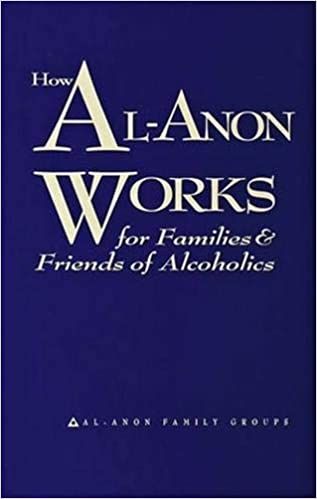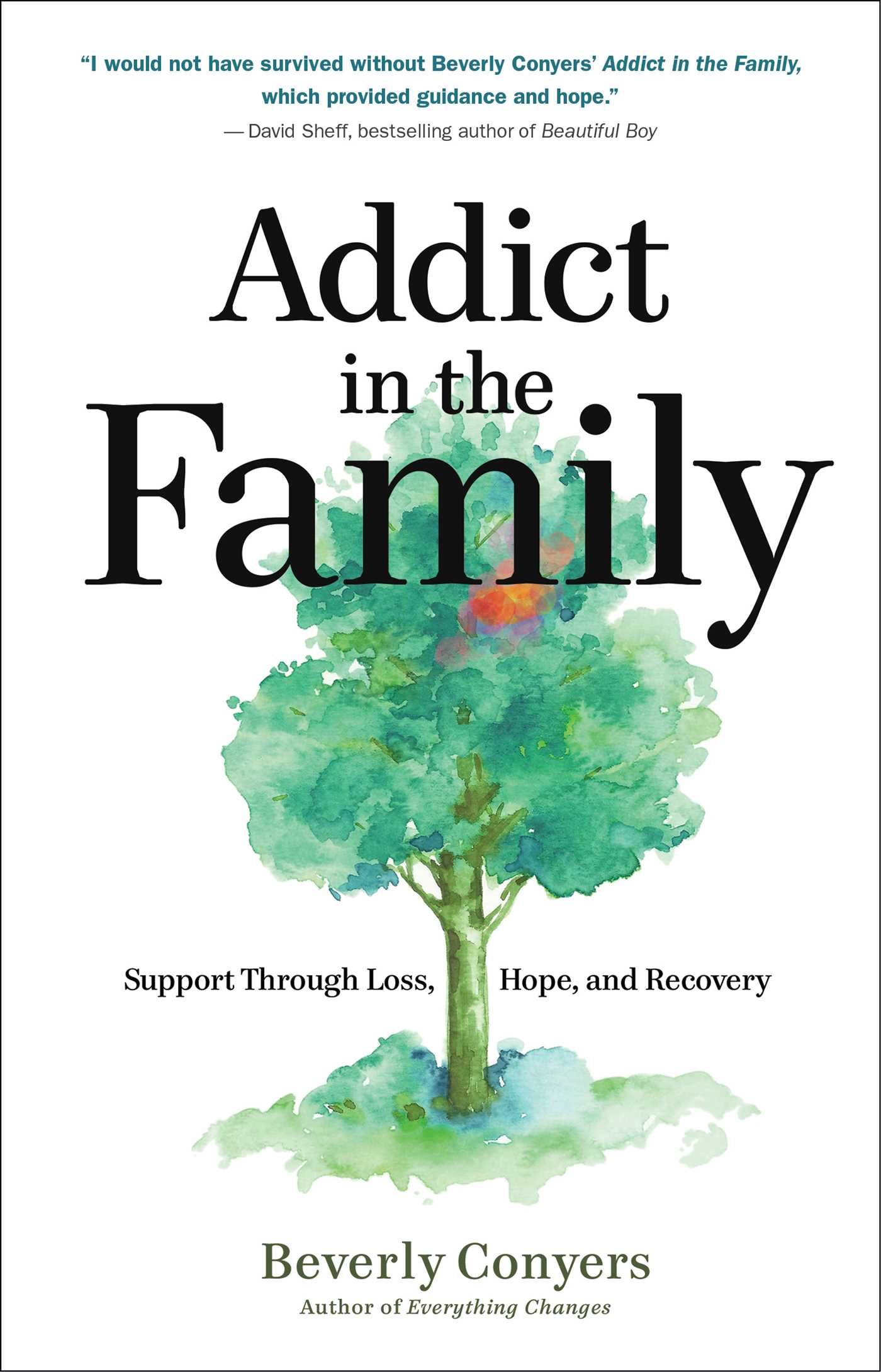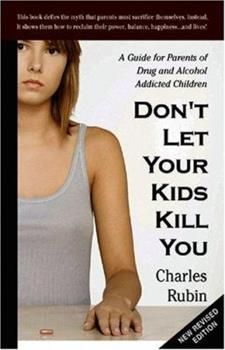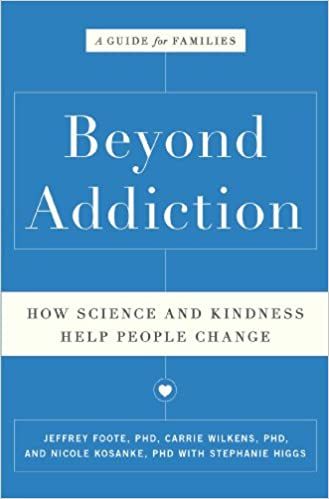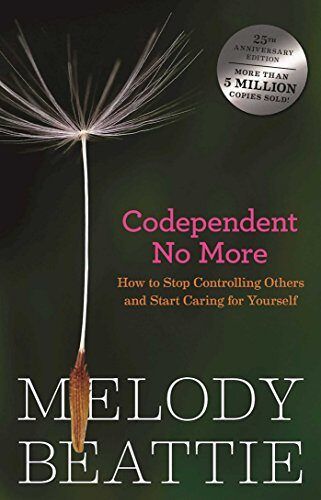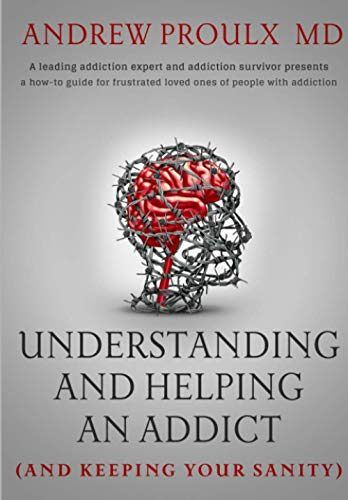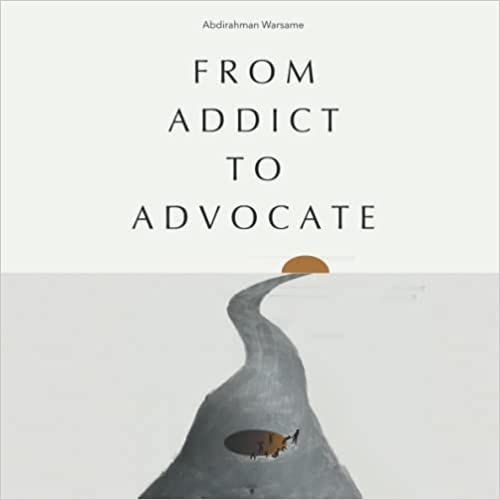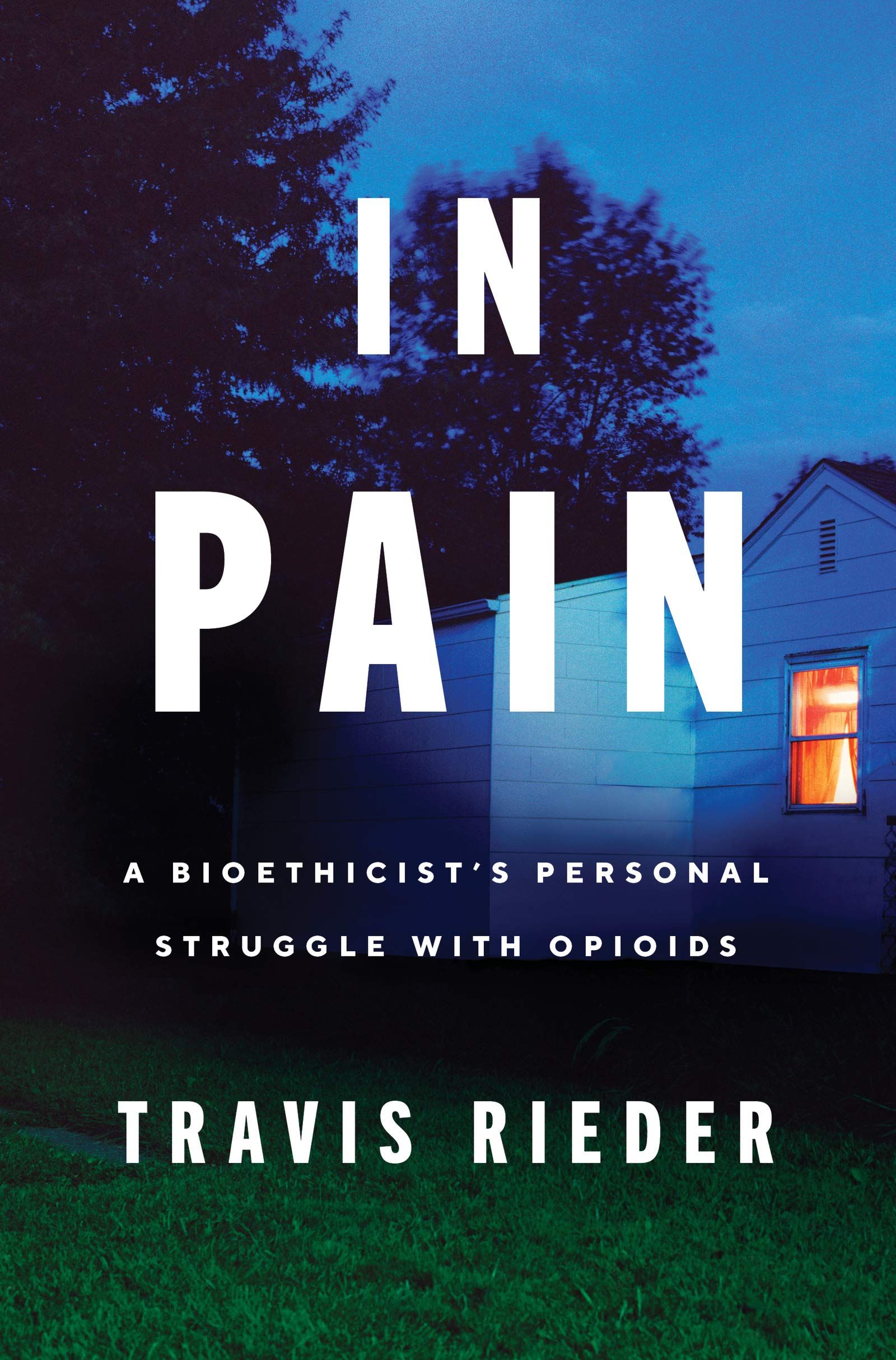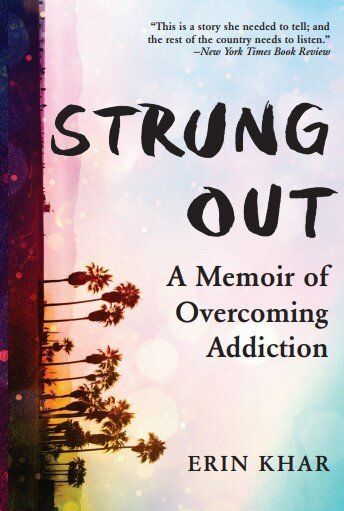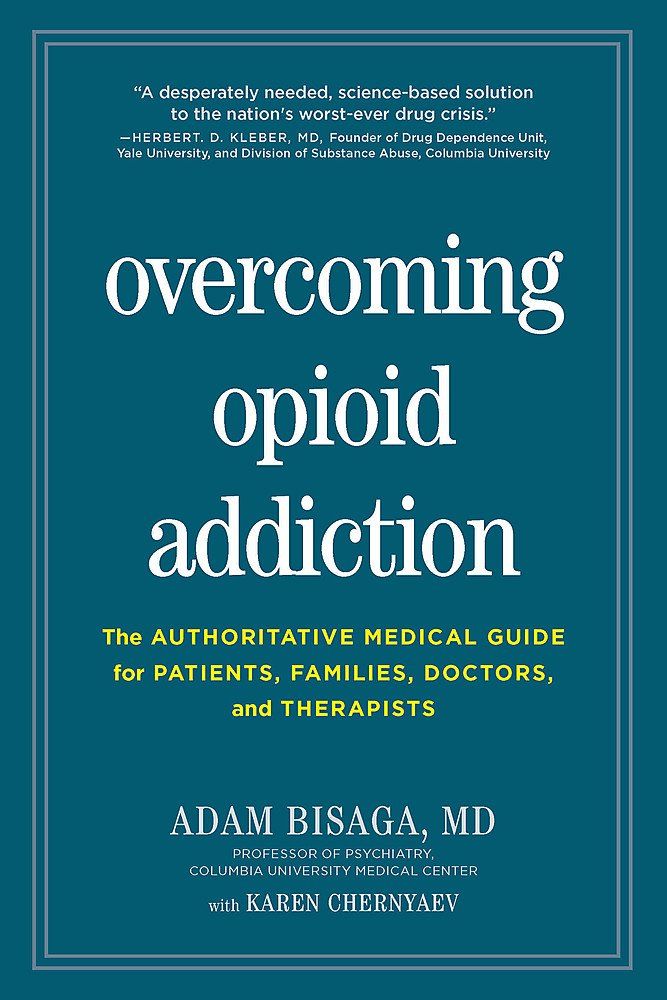And of course, I’ve learned how to live a life free of drugs and alcohol. I can tell you that I do not believe in miracles and yet it is a miracle that I got sober. I did not think I would ever stop. I did not think I could stop. I did not need to learn how much my behavior affected others. I knew it, and I could not stop. I do not know how to explain the experience of addiction to anyone, and so I will not try. What I do know is that if you are reading this as a parent of a child who is a substance abuser or in active addiction, I do not envy you. I cannot apologize for your child, and I cannot tell you what to do to get them to stop. I can only tell you that your child has a disease that wants them dead, and they are fighting it, whether it looks like it or not — the fact that they’re still breathing is proof of that. I can assure you that if it feels like they are doing this to hurt you, they are not. If it feels like your love for them should be enough to make them stop, I’m sorry to tell you that love isn’t enough, either. I loved my parents. I loved my brother. I was more excited to meet my nephew than anything I have ever been excited about and yet the first picture I have of him and I shows me sweating in a freezing cold hospital room, holding a bundled baby, drunk. I’m not a psychiatrist. I am not a medical professional. I’m a person who once turned an article about Bookish Finds for a Child’s Playroom into an anecdote about my dad dying a few months before my wedding. I’m not an expert on anyone’s recovery, even my own, but I do want to share some books that might be helpful to parents of substance abusers and addicts. You’re probably looking for books on how to get your kid to stop, or how to support your child as they get help and get sober. Unfortunately, in my opinion, that old adage is true: you can’t make your horse-child drink water from that damn river, you just can’t. What you can do is take care of yourself. You can take steps to better understand what your child is going through. You can put on your own oxygen mask. As you read through this list of books for parents of addicts, you might have noticed that most of the authors listed here are white. Addiction is not a disease that only affects white people, yet many recovery spaces are very, very white. There are likely a few reasons for this, including the reality that, as Amy Dresner and Joe Schrank put it, “White People Go to Rehab, Black People Go to Jail.” While books about addiction by BIPOCs are largely missing from the conversation, there are people working on this. You can check out this great list of 15 Black Recovery Advocates and Pages to Follow on Instagram to understand why representation matters generally and specifically in this area, as well as find Black recovery advocates to follow.
